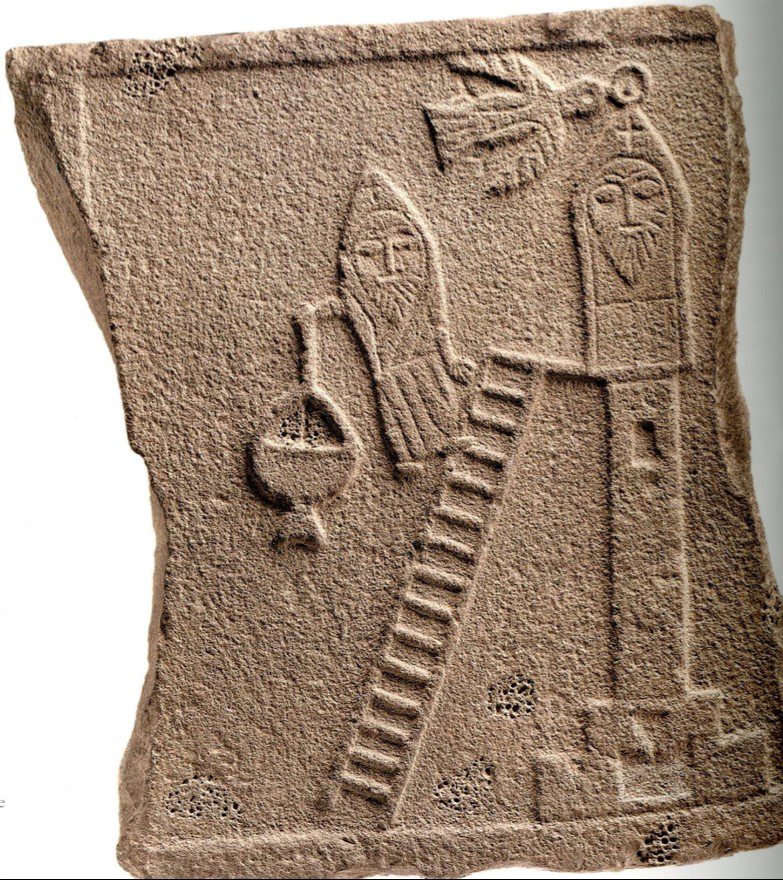
Paradoxes of Parrhesia
IAS; Goethe-University Frankfurt am Main Hartmut Leppin
November 8, 2019 · 12:00 pm—1:30 pm · 209 Scheide Caldwell
Program in the Ancient World

The Greek word parrhesía, usually translated with “frankness”, has a long history in Antiquity. Its first known mention is in one of Euripides’ works; he defines parrhesía as a crucial prerogative of the Athenian citizens who are allowed to contribute to debates in the popular assembly. During Late Antiquity, the term is still used widely and even becomes a loan word in Syriac and other languages. This talk will not focus on the parrhesiastés, as is usually done, but on the people who are criticized with parrhesía and on the conduct expected from them. Members of Roman and Late Antique elites were supposed to possess enough sophrosýne to bear criticism patiently. Nevertheless, polite parrhesía seemed to be advisable in many cases, which, however, was often not compatible the fundamental idea that parrhesía should be completely truthful.















